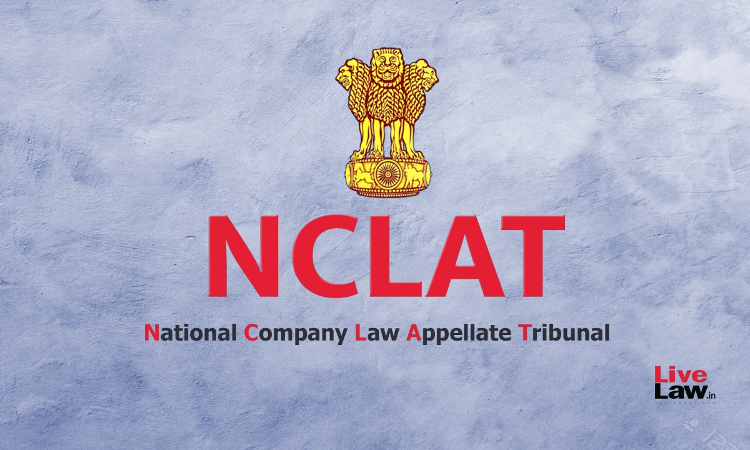The National Company Law Appellate Tribunal, Principal Bench, New Delhi comprising Justice Yogesh Khanna (Judicial Member) and Mr. Ajai Das Mehrotra (Technical Member) has held that section 43 of the Insolvency and Bankruptcy Code (IBC) does not allow the extension of the look-back period beyond 2 years for related-party transactions. Brief Facts:M/s Sysco Industries Ltd....

